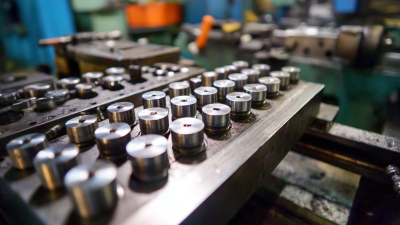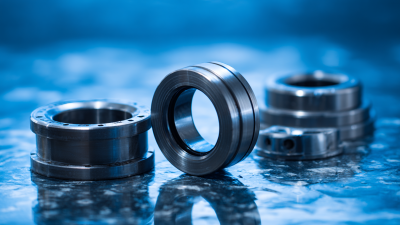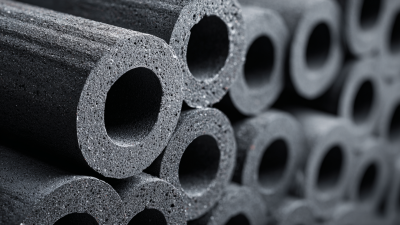Selecting the best automotive gaskets for your vehicle needs is a critical decision that impacts engine performance, efficiency, and longevity. According to a recent report by Allied Market Research, the global automotive gaskets market is projected to reach $5.9 billion by 2027, growing at a compound annual growth rate ( CAGR ) of 5.2% from 2020 to 2027. This growth is driven by the increasing demand for high-performance vehicles and advancements in gasket materials and technology.
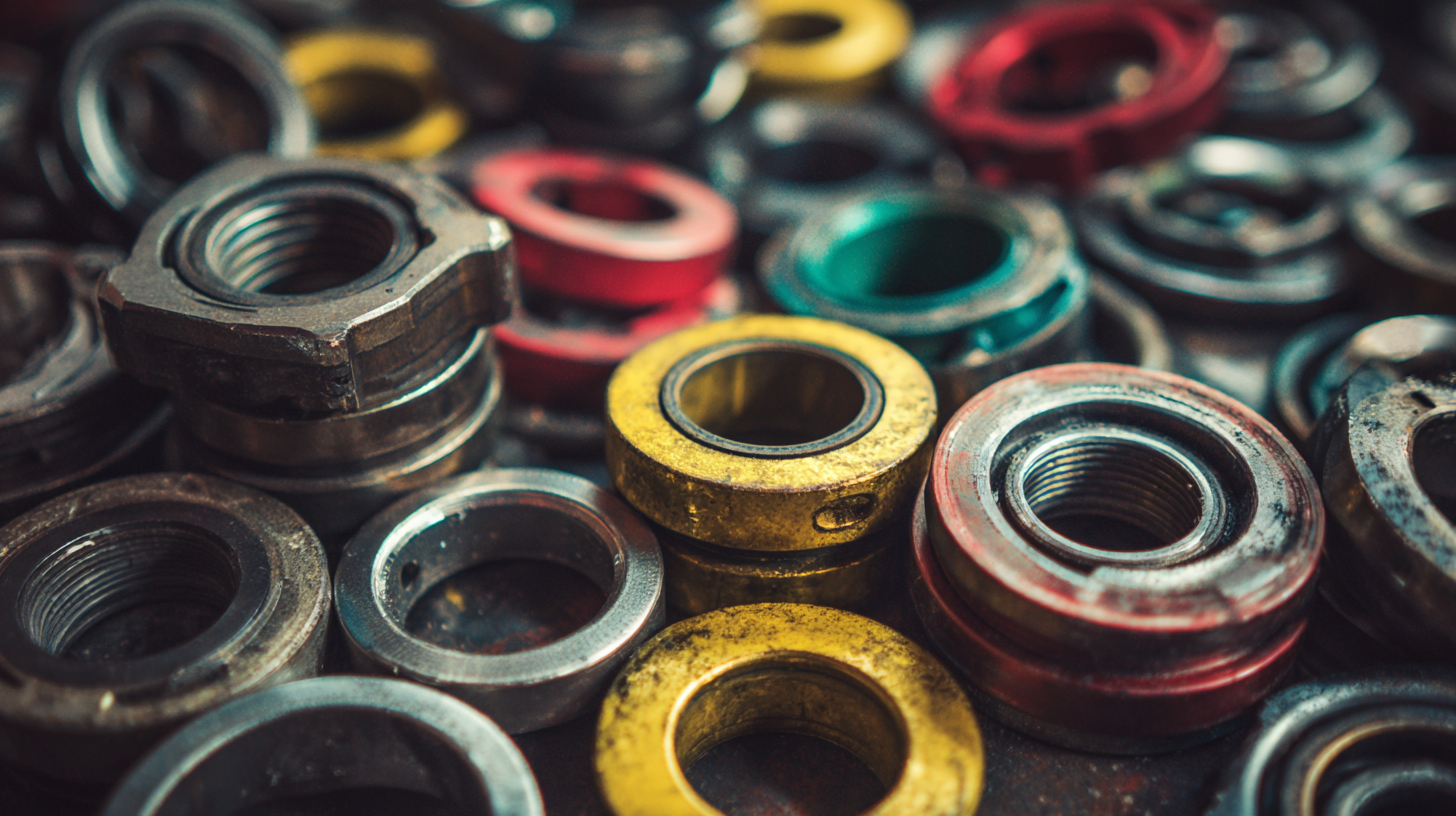
Automotive gaskets play a vital role in sealing engine components to prevent leaks of fluids and gases, highlighting the necessity for choosing the right type to match specific vehicle requirements. With the growing complexity of modern engines, understanding the variety of materials and applications for automotive gaskets has become essential for vehicle owners and technicians alike, ensuring optimal performance and reliability over time.
Automotive gaskets play a crucial role in ensuring the proper functioning of various engine components by providing a seal that prevents leaks of fluids and gases. There are several types of gaskets, each designed for specific functions and locations within the vehicle. For instance, the head gasket is vital for sealing the cylinder head to the engine block, preventing engine coolant and oil from mixing. It must withstand high temperatures and pressures, making it essential for optimal engine performance.
Another important type is the intake and exhaust manifold gaskets. These gaskets help seal the manifolds, ensuring that air and fuel enter the engine correctly while allowing exhaust gases to exit without leaks. Additionally, valve cover gaskets are designed to prevent oil leaks from the upper part of the engine, protecting other components from contamination. Each gasket type is crafted from different materials, such as rubber, cork, or metal, depending on the requirements of the specific application and the operating conditions. Understanding these differences is key to selecting the best automotive gaskets for your vehicle's needs.
| Gasket Type | Material | Common Applications | Temperature Resistance | Pressure Rating |
|---|---|---|---|---|
| Head Gasket | Composite, Metal | Engine cylinder head | Up to 250°C | Up to 200 psi |
| Oil Pan Gasket | Rubber, Cork | Oil sump | Up to 150°C | Up to 100 psi |
| Exhaust Gasket | Metal with Fire Ring | Exhaust manifold | Up to 650°C | Up to 150 psi |
| Intake Manifold Gasket | Rubber, Composite | Intake manifold | Up to 200°C | Up to 150 psi |
| Transmission Gasket | Rubber, Paper | Transmission case | Up to 120°C | Up to 75 psi |
When selecting gaskets for your vehicle, several key factors must be considered to ensure optimal performance and longevity. One of the most critical aspects is the material of the gasket. Different materials such as rubber, metal, or flexible graphite offer unique benefits. For instance, flexible graphite gaskets are gaining popularity in the automotive sector due to their excellent thermal performance and resistance to various chemicals. The global gasket and seal market is projected to grow from USD 88.8 billion in 2025 to USD 109.3 billion by 2035, reflecting the increasing demand for high-quality sealing materials.
Tips for choosing the right gasket for your vehicle include evaluating the operating conditions, such as temperature and pressure, for which the gasket will be used. Additionally, consider the compatibility of the gasket material with the fluids it will encounter. The efficient sealing properties of the gasket can directly impact the overall performance and efficiency of your vehicle's engine.
Another factor to consider is the gasket's thickness and design, which can influence its ability to seal effectively under varying conditions. As the industry evolves, understanding the distinct advantages of different gasket materials and their applications becomes increasingly important for vehicle maintenance and repair.
When selecting automotive gaskets, the importance of materials and durability cannot be overstated. Gaskets serve a critical role in maintaining engine performance by ensuring proper sealing between components. For optimal performance, it's essential to consider materials that can withstand high temperatures and varying pressures. Advanced materials like silicone and PTFE (poly(tetrafluoroethylene)) offer excellent resistance to wear and corrosion, making them suitable for demanding environments.
In light of recent advancements in sealing technology, particularly in applications such as hydrogen electrolyzers, the focus on durability has intensified. This technology not only highlights the necessity for robust sealants but also showcases new innovations to enhance gasket performance. As the automotive market evolves, integrating cutting-edge materials that provide superior sealing capabilities will ensure that vehicles can meet the growing demands for efficiency and safety. By carefully evaluating the performance characteristics of different gasket materials, enthusiasts and professionals alike can significantly improve engine reliability and longevity.
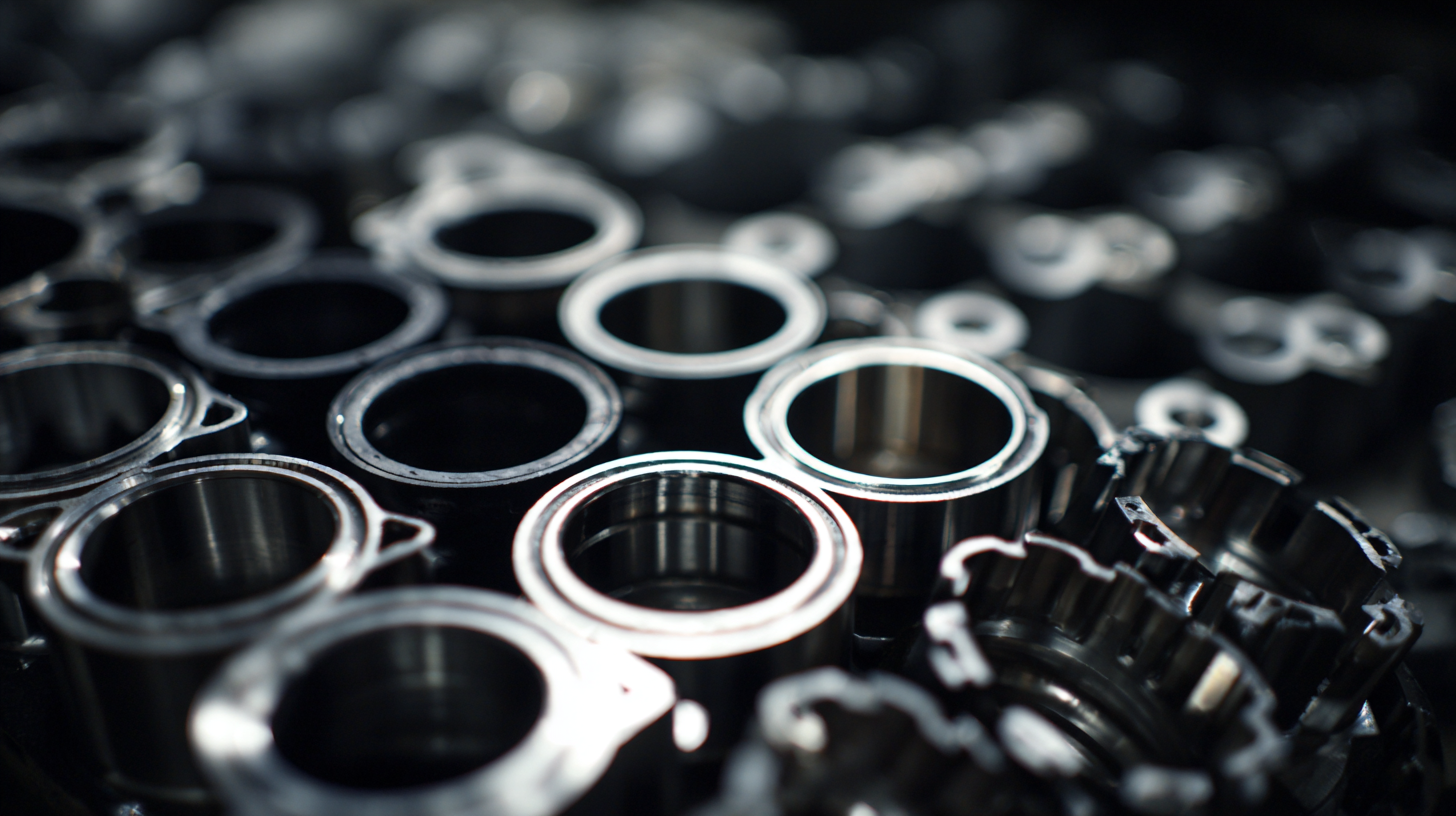 When selecting the best automotive gaskets for your vehicle, the first crucial step is to identify and measure the gaskets accurately for a proper fit. Begin by consulting your vehicle’s repair manual to gather specific details about the gasket you need, including its dimensions and material requirements. To measure the existing gasket, remove it carefully and lay it flat on a clean surface. Use a caliper for precise measurements of its thickness, length, and width. Pay attention to any unique shapes or features that might be essential for effective sealing.
When selecting the best automotive gaskets for your vehicle, the first crucial step is to identify and measure the gaskets accurately for a proper fit. Begin by consulting your vehicle’s repair manual to gather specific details about the gasket you need, including its dimensions and material requirements. To measure the existing gasket, remove it carefully and lay it flat on a clean surface. Use a caliper for precise measurements of its thickness, length, and width. Pay attention to any unique shapes or features that might be essential for effective sealing.
Tips: Always note the manufacturer's specifications when measuring gaskets, as even minor discrepancies can lead to poor performance. It’s also advisable to consider the type of material used in the gasket, as different materials are better suited for various engine applications. For example, rubber gaskets provide excellent flexibility, while metal gaskets are durable and resistant to high temperatures.
After measuring, remember to check for any signs of wear or damage on the contact surfaces where the gasket will sit. Clean these areas thoroughly before installing a new gasket to ensure a secure seal. This preparation can greatly enhance the longevity and effectiveness of your gasket, minimizing the chances of leaks or failures.
Proper maintenance is essential for prolonging the lifespan of automotive gaskets. Regular inspection should be a primary focus for vehicle owners. Check for any signs of wear, such as leaks or cracks, especially around critical areas like the engine, coolant, and oil systems. Performing periodic inspections can help catch minor issues before they escalate into major repairs, ensuring that gaskets are functioning optimally and preventing costly damage to the engine.
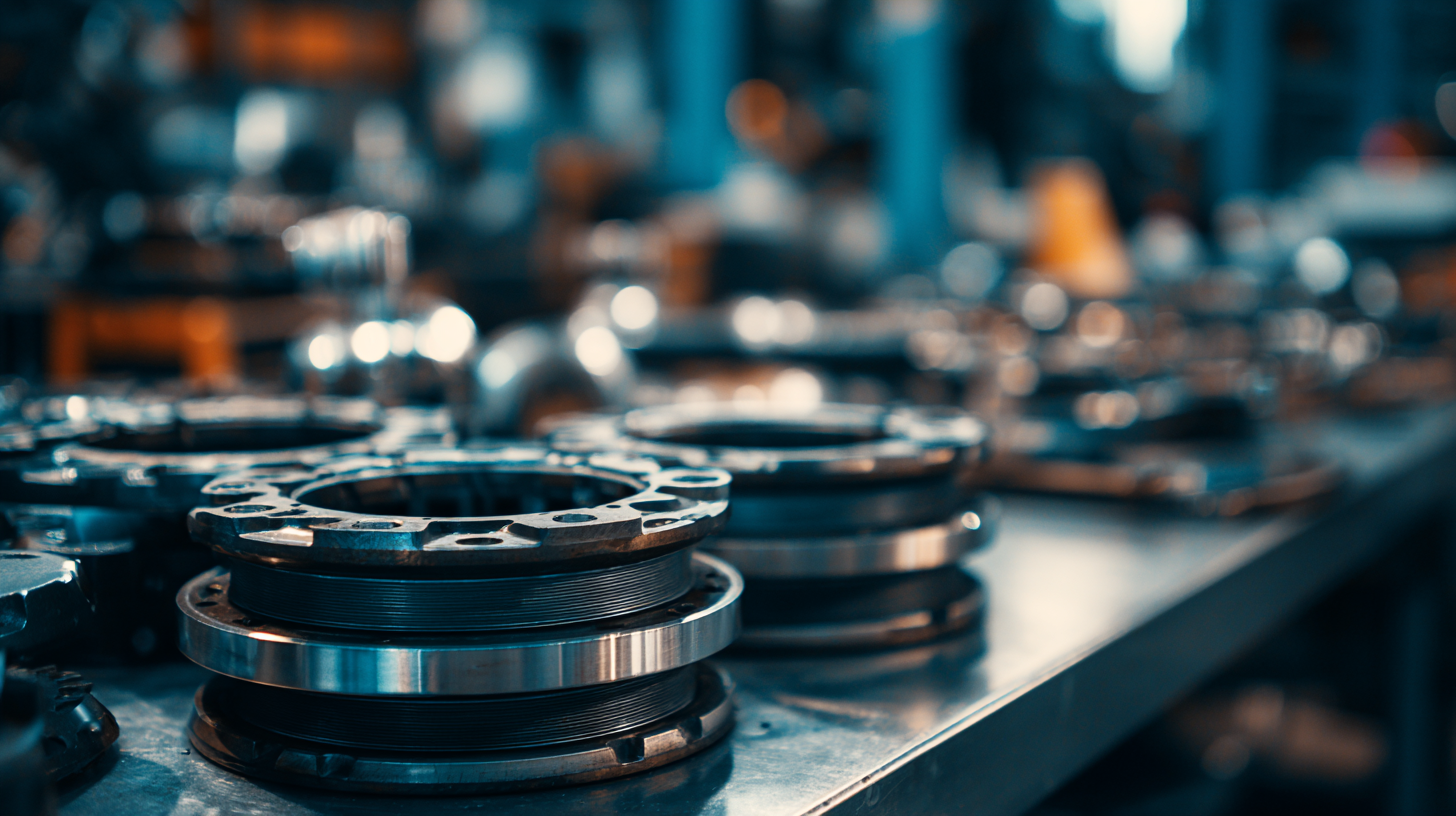
Additionally, using high-quality fluids and ensuring that they are replaced regularly can greatly influence the longevity of gaskets. Contaminated or low-quality fluids can cause degradation and wear over time. It's also crucial to maintain the recommended torque specifications during installations or repairs, as improper tightening can lead to gasket failure. By adhering to these maintenance tips, vehicle owners can significantly enhance the durability of their gaskets and ensure their vehicle operates smoothly and efficiently for years to come.


